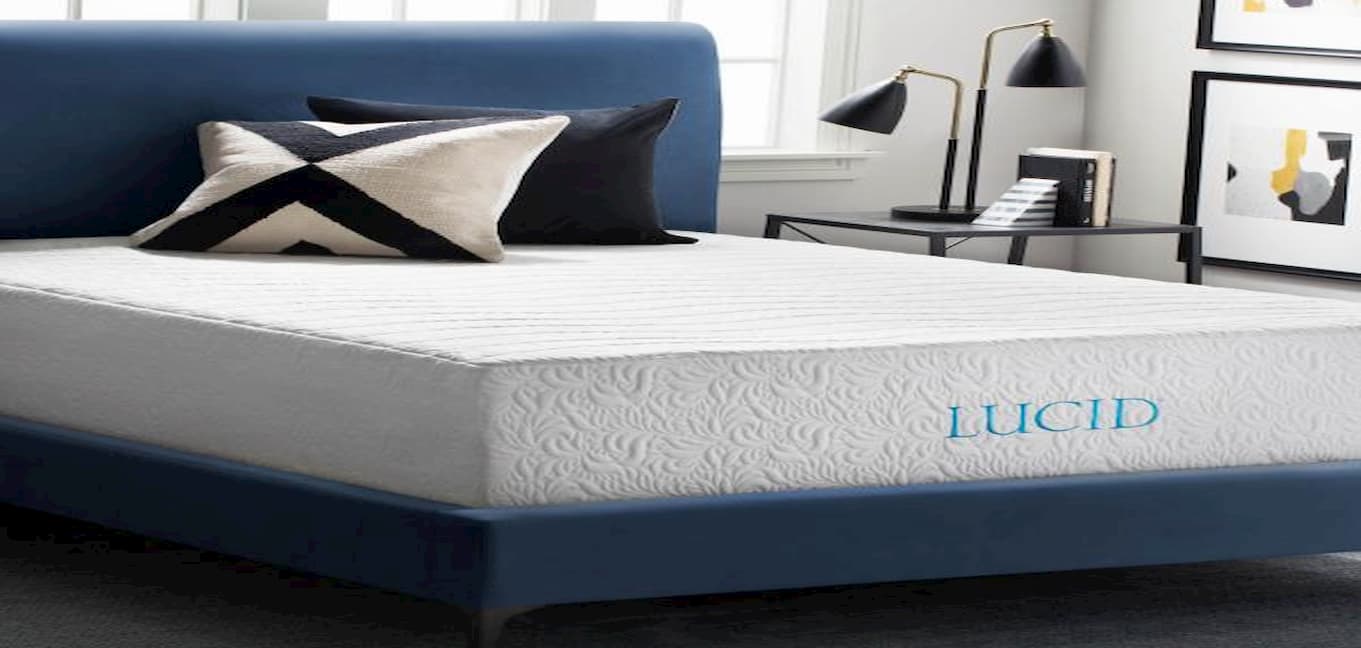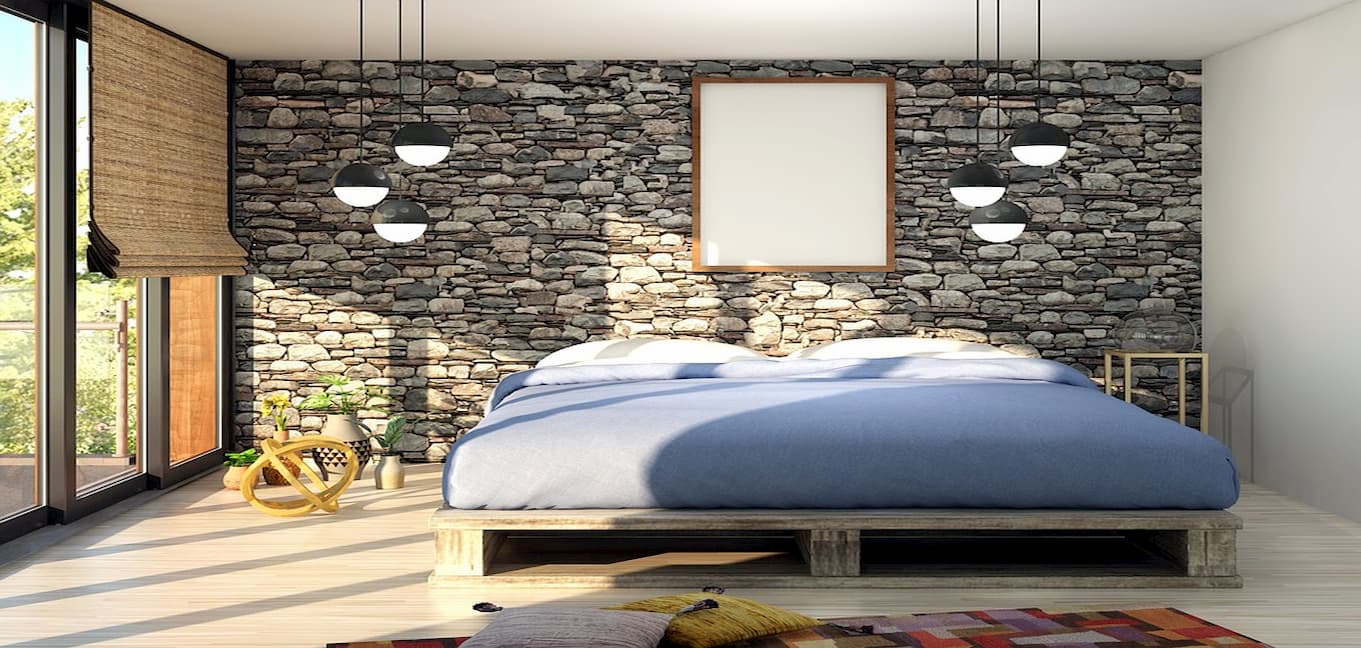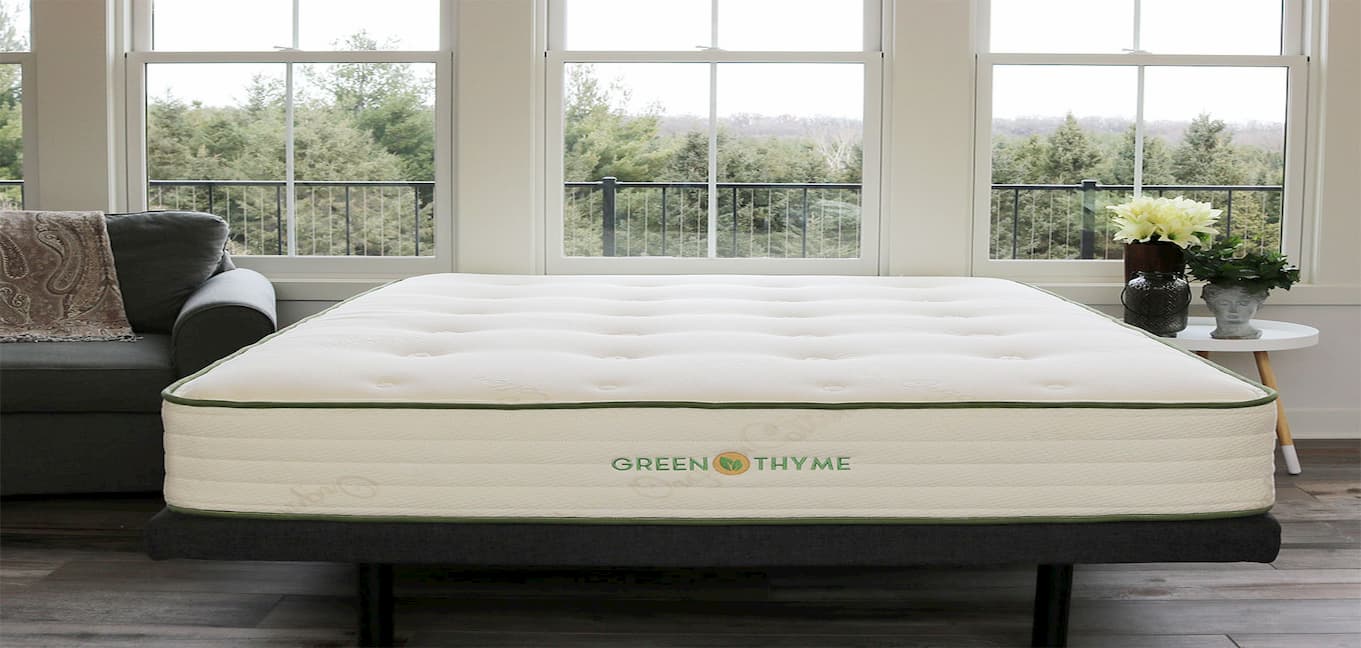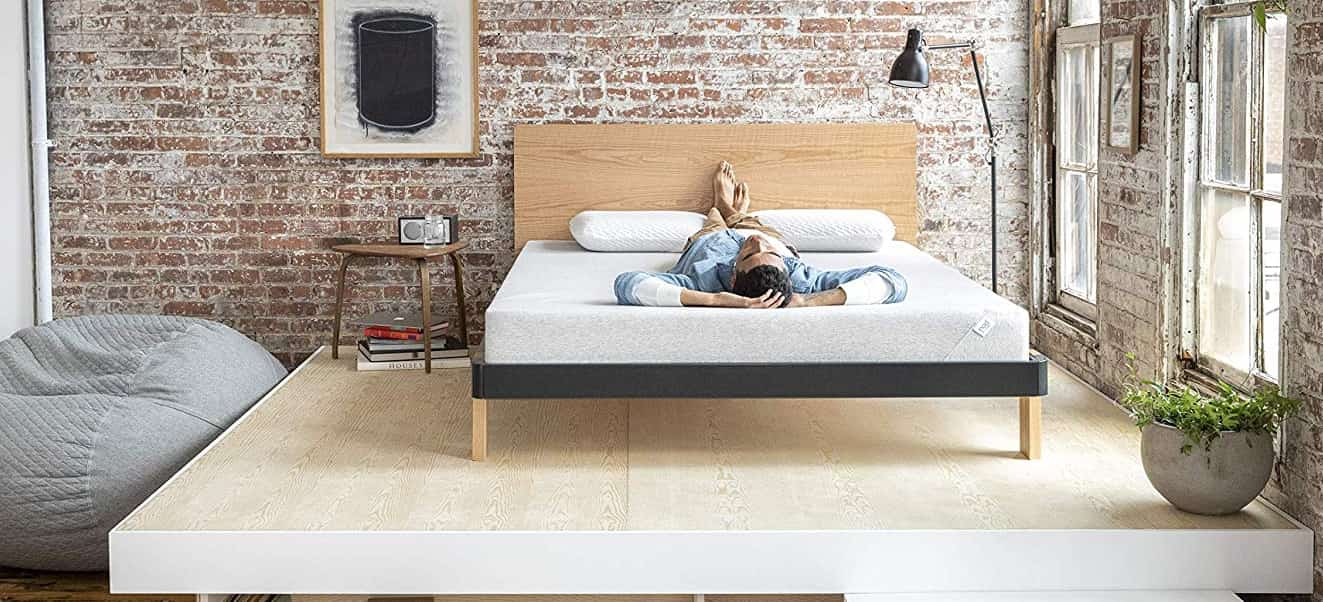Bed wetting, also known as nocturnal enuresis, is extremely common among young children. One recent study found that 15 percent of 5-year-olds wet the bed while only 3 percent of boys and 2 percent of girls are still wetting the bed by age 10. Younger children between the ages of 2 and 5 will most likely have a tough time staying dry through the night. There are a number of causes for bed wetting, including small bladders, low levels of the hormone vasopressin that regulates urine production while asleep, and deep sleeping patterns. While almost all children outgrow bed wetting by the time they reach 8-10 years old, it can be hard to protect a mattress from common bed wetting patterns. Below, we offer a complete analysis of the best mattresses for incontinence, including mattress protectors, and covers.
Who Suffers from Bed Wetting?
As we mentioned above, bed wetting is most common among young children between the ages of 3 and 10. Infants and babies will most likely continue to sleep with diapers which obviously protects their bedding and mattresses. However, once a child is potty trained, they will most likely want to avoid reverting to diapers at night.
Strangely enough, there is some evidence that bed wetting might be related to certain hereditary practices. One recent study states that “if both parents wet the bed as kids, there’s a 77 percent chance a child will do the same. If only one parent was a bed wetter, the probability a child will follow suit is around 44 percent.”
While young children are most of those associated with bed wetting problems, statistics show that bed wetting can affect people of all ages for a number of reasons. Around one in 50 teenagers continue to periodically wet their bed and 3 percent of young adults might continue to suffer from bed wetting, even if they didn’t have this problem as a child.
While bed wetting might be a symptom of an underlying medical condition, it can usually be treated preventatively through establishing a regular bedtime routine, developing a reward system for children who stop wetting the bed, and limiting beverages in the evening.
Why People Prone to Bed Wetting Need a Special Mattress and Bedding
Parents of children who commonly wet the bed know that it can be close to impossible to get rid of the smell of urine that gets embedded in certain types of mattresses. While sheets and comforters can be washed, even deep cleaning a mattress with baking soda and essential oils might not completely get rid of the smell of urine in mattresses used by common bed wetters.
Mattresses average a cost of anywhere between $600 and $2,250 dollars, making them a substantial investment for any family. Having to regularly replace a dirty and soiled mattress due to common bed wetting can lead to a major financial setback for families. Furthermore, and perhaps most importantly, bed wetting can be a source of shame for young children and cause self-esteem issues. Dirty, foul-smelling mattresses will only aggravate that sense of failure and shame, especially when young children share a room with siblings or have visitors to their home. A special mattress and bedding, thus, can help to limit self-esteem problems that common bed wetters face.
Top Features of Mattresses and Bedding for Bed Wetters
Mattresses and bedding materials that are designed for bed wetting have a number of special features that are designed to protect the bedding and mattress material from repeated exposure to urine. The best mattresses and bedding for bed wetting should include some of the following features:
- Waterproof: Obviously, the purpose of a pee proof bed cover is to stop the moisture from infiltrating into the softer fabrics. Thus, a mattress protector for urine proof mattress cover should be waterproof or at least highly water resistant. The tradeoff here is that many waterproof materials can also cause extra heat in the bed. For children who suffer from night sweats, finding breathable, water resistant materials is essential.
- Easy to Clean: A mattress cover for bed wetting should also be easy to clean, so that you don’t have to spend several hours each morning cleaning up the bed after a child has an accident. In most cases, mattress covers for bed wetting should be able to be cleaned by hand without having to rely on the washing machine.
- Odor Resistant: One of the worst aspects of bed wetting is the way in which mattresses will absorb the odor of urine. While liquids will dry and evaporate, the long-term smell is what often leads parents to throwing away and mattress and investing in a new one. Mattress covers designed for bed wetters should thus include features that actively repel the odor of urine.
Best Mattresses and Bedding for Bed Wetters
While there are dozens of mattresses and mattress covers for bed wetters, some of the top products on the market include:
-
- Bariatric Waterproof/Incontinence Mattress: Comes with a soft, vinyl cover that is highly waterproof while not causing noises that can affect your sleep.
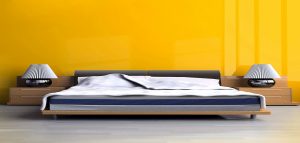
-
- Continental Sleep Waterproof Vinyl Orthopedic Mattress: Comes with a fluid-proof cover that doesn’t have a zipper which could lead to leaks.
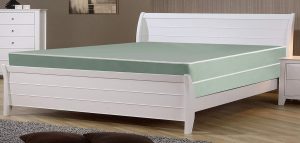
-
- Leisure Town Mattress Pad Protector: Advanced swiss 100% waterproof membrane pad protector will repel effectively most of fluids, and HNN cooling technology is added to make sure sleep cool and comfortably.
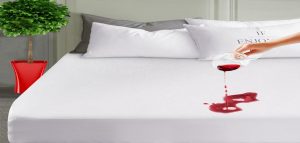
How to Clean a Mattress after Bed Wetting
Even with the usage of a special needs mattress or a mattress cover designed for bed wetting, there is always the risk of leaks affecting the mattress. To clean a mattress that has been wet, it is important to first get rid of all the extra moisture with paper towels, though you want to blot (not scrub) the affected areas. Next, mix 50 percent white vinegar with 50 percent water in a spray bottle, spray the affected area, and let stand for 10 minutes. Lastly, sprinkle a bit of baking soda that will absorb the rest of the moisture that is embedded in the fabrics of the mattress. You can add a bit of essential oil with the baking soda to cover up the smell and get rid of persistent odors.

